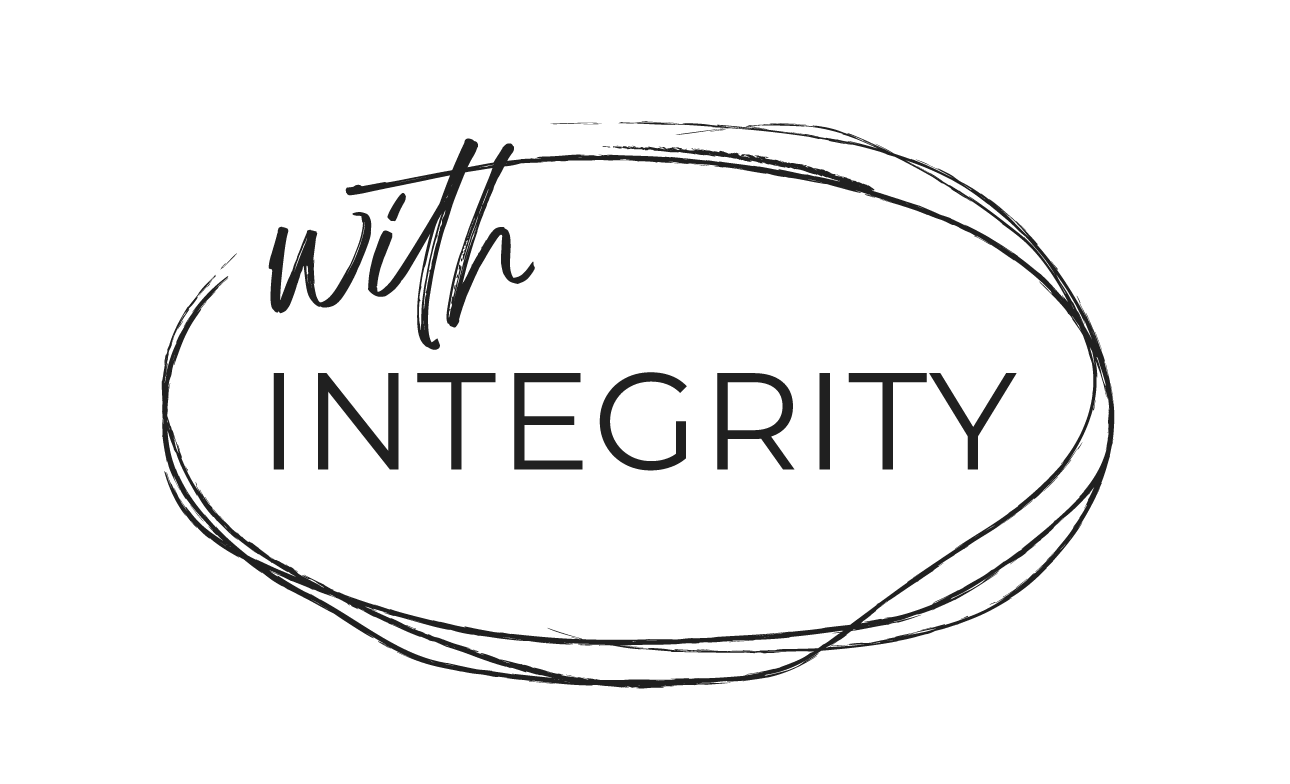
Photo by Kent Pilcher on Unsplash
Rest.
So important for everyone, introverts even more so.
I don’t think I know anyone who thinks they get enough.
I wonder whether it’s the quantity or the quality that I need to adjust.
David Whyte looks at what resting is and writes beautifully about stages of rest.
I wonder how far through the stages I get. On an average day.
I wonder how often I rest deeply, through to stage five?
And how much better I’d feel and better I’d function if all or at least most of my resting went that deep.
Here’s David Whyte’s words on rest.
I’d love to hear your thoughts – come and share in the comments
Rest.
In the first stage of rest is the sense of stopping, of giving up on what we have been doing or how we have been being.
In the second stage is the sense of slowly coming home, the physical journey into the body’s un-coerced and un-bullied self, as if trying to remember the way or even the destination itself.
In the third state is a sense of healing and self-forgiveness and of arrival.
In the fourth stage, deep in the primal exchange of the breath is the give and the take, the blessing and the being blessed and the ability to delight in both.
The fifth stage of rest is a sense of absolute readiness and presence, a delight in and an anticipation of the world and all its forms; the sense of being the meeting itself between inner and outer, and of receiving and responding occuring in one spontaneous movement.
A deep experience of rest is the template of perfection in the human imagination, a perspective from which we are able to perceive the outer specific forms of our work and our relationships whilst being nourished by the shared foundational gift of the breath itself. From this perspective we can be rested while putting together an elaborate meal for an arriving crowd, whilst climbing the highest mountain or sitting at home surrounded by the chaos of a loving family…
Excerpt from Readers’ Circle Essay,
“Rest”
©2011 David Whyte

Great post Pauline!
David Whyte’s comments remind me a little of Martha Beck’s advice to drop into what she terms “wordlessness” which can happen naturally during a simple task such as washing dishes or as David Whyte describes, “putting together an elaborate meal”. Cooking is for me my favorite way to drop into wordlessness which rests the mind. It’s so important for introverts to identify ways to truly rest (and without the usual associated guilt).
Thanks for posting this 🙂
Hi Pauline… I’m just making a tour of my very favourite blogs to wish everyone a happy new year. I love this post; as an ME/CFS sufferer, rest is dear to my heart. Whilst self employed I was taking three scheduled rests a day, 2 of 15 mins each, and one of 30 mins, as recommended by the ME clinic. I had to either lie down, or sit fully supported. No radio or television was allowed; I used a lot of restful music (no lyrics), white-noise and guided meditation tracks on my iPod.
At times, that schedule was a complete pain in the butt. But I always felt better for sticking to it, and though I don’t know that I’ve felt fully rested for more than an hour or so since I started this journey, I do remember emerging from those rests with a deep sense of peace and balance. I think I need to try and find that again, at least once per day.
Hi Alison, Happy New Year to you too. Lovely to see you here. I love the sound of the prescribed resting you were following. I know I can be feel completely transformed after just 10 minutes of meditation when I’ve put everything else down and carved out the time. I could so easily fritter that time away or sit down and have it be an entirely different effect. I’m re inspired now hearing about your regime to make more rest time 🙂
Hi Christian,
How wonderful to see you here, thank you for visiting 🙂
So important, I agree, to find ways to truly rest.
I find that the ‘dropping into wordlessness’ sometimes isn’t enough for me and it needs not only no words but no motion or doing of any kind to reach the level of rest that David Whyte described.
I wonder…do you use the MBTI? Do you know your preferences?
Mine is INFJ.
I wonder whether Introverts with a sensing preference would be more likely to feel rested by doing (cooking or other wordless activity) whereas those with a intuitive preference maybe rest better without motion?
I’m going to have to go and explore that now…see if I can satisfy my curiosity 🙂
Would love to hear your preferences and thoughts on that.